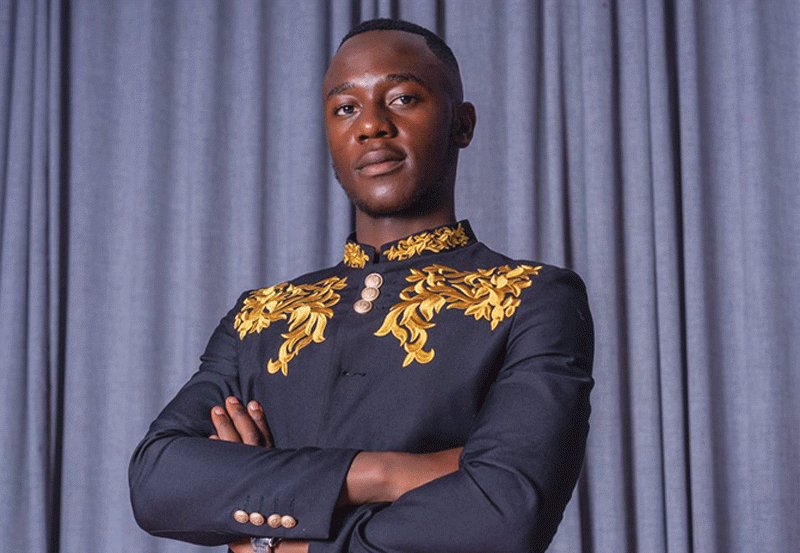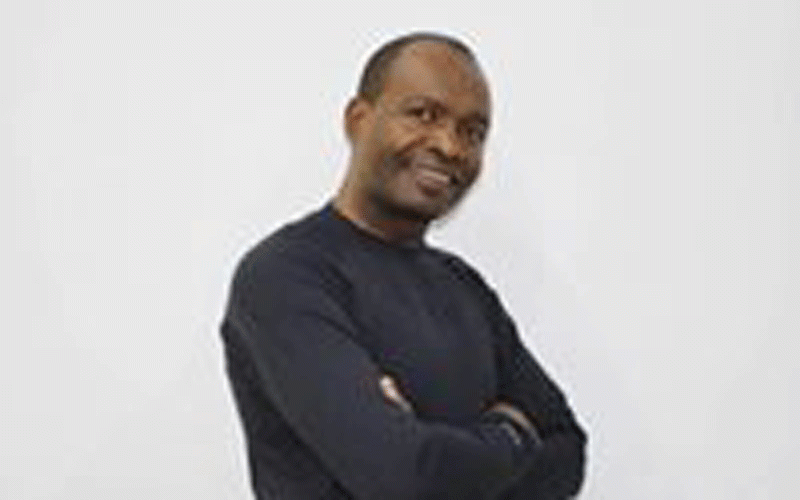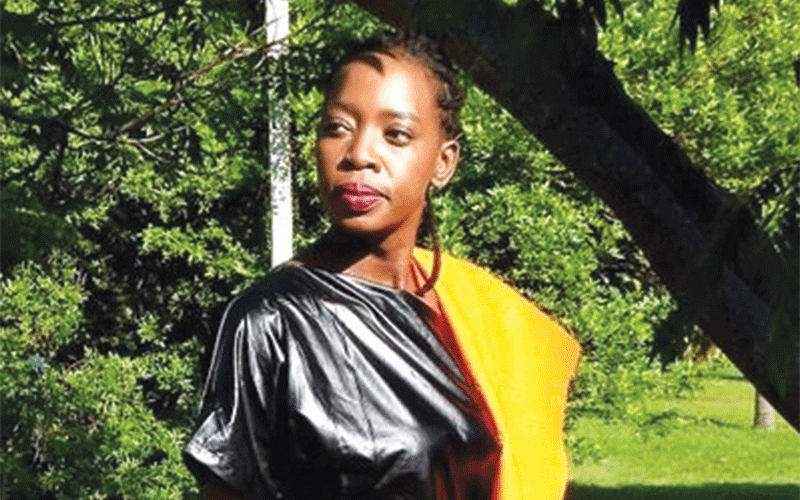
Music superstar Oliver Mtukudzi has not yet turned 60 and yet he already has 60 albums to his name in a career spanning well over three decades.
According to his publicist Shepherd Mutamba it is very difficult to get the music maestro to grant journalists an interview due to his tight schedule, which includes performing, rehearsing or running Pakare Paye Arts Centre, a massive multi-million-dollar project pioneered by the legendary musician as a way of giving back to the community.
However, NewsDay last Friday got the rare opportunity to speak to Tuku — as he is affectionately known — for more than two hours after bumping into him at Pakare Paye.
On the day of the interview, Mtukudzi had just been declared the 12th best celebrity out of more than 40 African celebrities by the highly regarded Forbes Magazine.
The following are excerpts of the interview between Veneranda Langa (ND) and Oliver Mtukudzi (OM) on his music career as well as the Pakare Paye Arts Centre project.
ND: You have just been declared 12th best celebrity in Africa out of 40 by Forbes Magazine, how do you feel about it? OM: I feel proud to be honoured, yet also surprised. But I also feel this honour just does not come on its own, but with a lot of responsibilities. It means I have to go higher than all I have already achieved and raise the Zimbabwean flag much higher.
ND: To what do you attribute your success? OM: Everything comes into play when God gives you the talent, as well as time and an extra day that the Almighty will give you to showcase your talent.
ND: You have compiled 60 albums so far, do you have plans to do more? OM: Making songs is the purpose of my life. I always have to come up with the next song. I am already working on the 62nd album even if the 61st is not yet out.
- Chamisa under fire over US$120K donation
- Mavhunga puts DeMbare into Chibuku quarterfinals
- Pension funds bet on Cabora Bassa oilfields
- Councils defy govt fire tender directive
Keep Reading
ND: Do you remember your first song and how it was like to record it? OM: According to my mother, my first song was the best-ever composition she had heard. I wish there could have been someone to record my birth cry and I would have understood how it felt.
ND: What kind of themes do you espouse in your songs? OM: I have not changed what I have been singing about all along. I still sing about societal issues and my personal everyday experiences. For instance, the song Tozeza Baba was advocating for an end to domestic violence, where husbands abuse their wives and are irresponsible drunkards.
ND: Your reception area is awash with musical accolades. Which one is your most memorable award? OM: I have a lot of them, but being nominated has been the most memorable part. We cannot all get awards and just being nominated shows your work has been recognised.
ND: Piracy has affected a lot of musicians and deprived them of royalties. What is your comment on that issue — and has it affected your music? OM: Piracy is lack of respect of other people’s work. It is a bad habit. There is no respect if an artist writes a book and someone then tries to make cheap money out of the publication with no revenue going to the maker of that text. Piracy is killing all types of art and the people doing that should be educated so they respect artists.
ND: Has popularity changed the way you behave? OM: I am sorry I am not popular. Do not put me in the place of my music because it is the one that is popular, not me.
ND: You have several pictures of your late son, Sam Mtukudzi, at the Pakare Paye Arts Centre reception area. Would you like to talk about him? OM: I cannot run away from myself. I see Sam always. He is my boy, my son, and even if you do not write his name anywhere I will never forget him. The conference centre and Pakare Paye was his creation and that it why we gave it the name Sam Mtukudzi Conference Centre. He left a lot of CDs to his name and we cannot forget him. Even if he had not left behind his music I do not think we would ever forget Sam.
ND: Where did you get funding for Pakare Paye Arts Centre and is it a business project in preparation for your retirement from music? OM: I was never funded by anyone to do this. It was just a passion and came from hard work and belief in my destiny and vision, which is to give back to the community. The problem I faced when I got into the recording industry was attitude. Youngsters face attitude problems from the media, parents, the government and when I started music as a youngster, my late parents broke my guitar. The centre is meant to develop youngsters whose talent is not being appreciated by their parents. They come and utilise the centre free of charge.
ND: You are a Children’s Rights Goodwill Ambassador for East and Southern Africa. How do you help children? OM: The nomination came after Unicef realised I was already supporting children. I give them love and education and through my music I remove all stress they might be suffering from.











